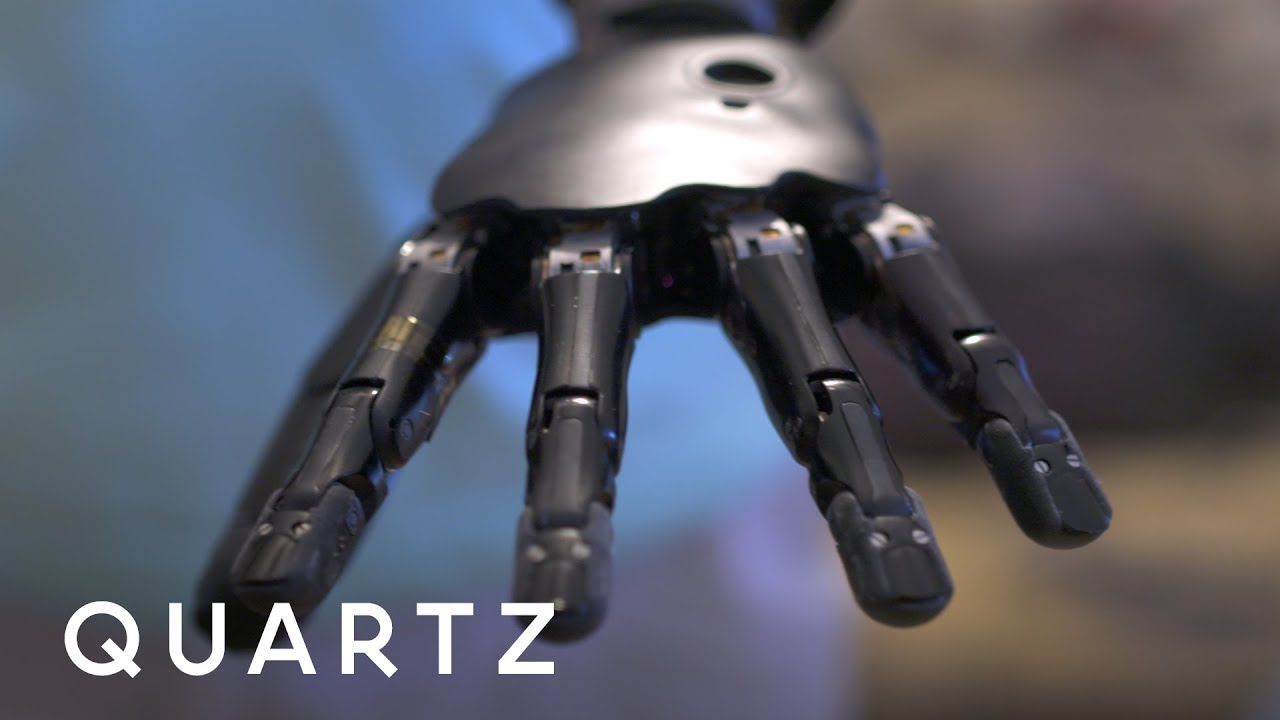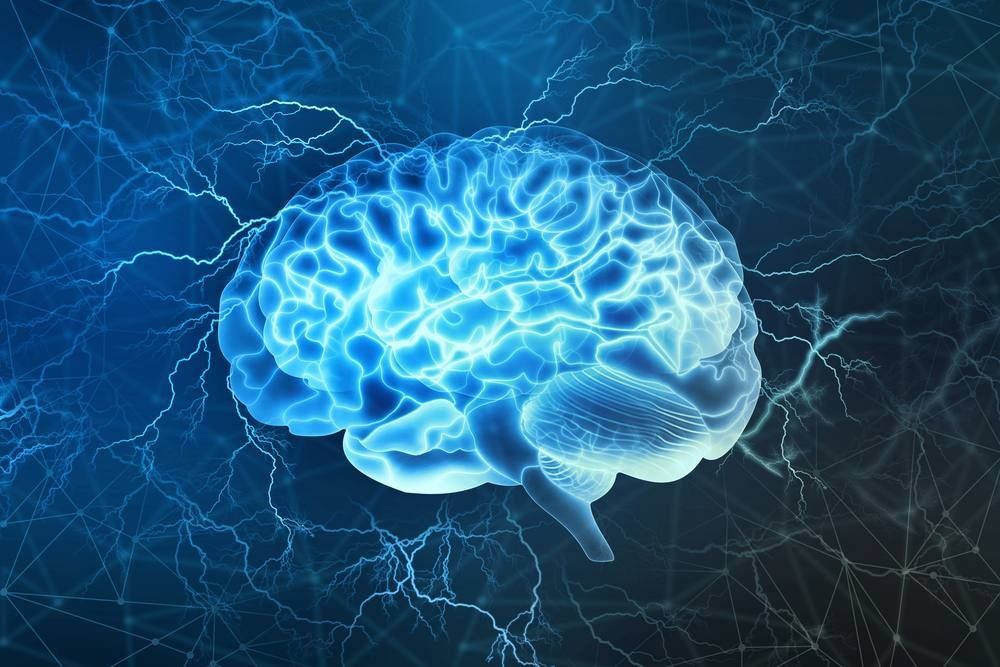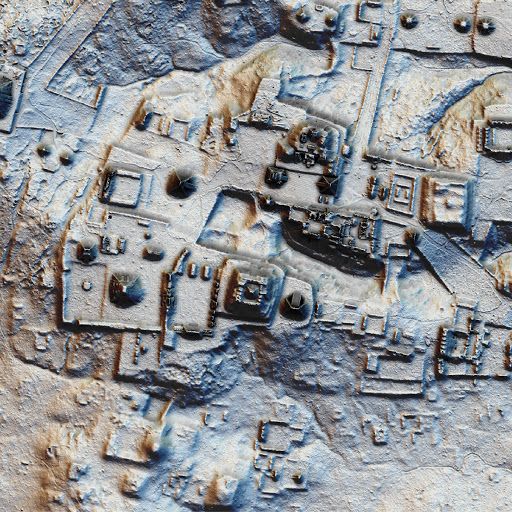Page 9679
Feb 3, 2018
Tickling the brain with electrical stimulation improves memory, study shows
Posted by Shailesh Prasad in categories: biotech/medical, neuroscience
Tickling the brain with low-intensity electrical stimulation in a specific area can improve verbal short-term memory. Mayo Clinic researchers report their findings in Brain.
The researchers found word recall was enhanced with stimulation of the brain’s lateral temporal cortex, the regions on the sides of the head by the temples and ears. Patients recalled more words from a previously viewed list when low-amplitude electrical stimulation was delivered to the brain. One patient reported that it was easier to picture the words in his mind for remembering.
“The most exciting finding of this research is that our memory for language information can be improved by directly stimulating this underexplored brain area,” says Michal Kucewicz, Ph.D., a Mayo Clinic researcher in the Department of Neurology and co-first author. Dr. Kucewicz compares the stimulation to “tickling” the brain.
Feb 3, 2018
India’s farmed chickens dosed with world’s strongest antibiotics, study finds
Posted by John Gallagher in categories: biotech/medical, food, health, sustainability
Warning over wider global health impacts after findings reveal hundreds of tonnes of colistin – the ‘antibiotic of last resort’ – are being shipped to India’s farms.
Thu 1 Feb 2018 05.50 EST Last modified on Thu 1 Feb 2018 11.20 EST.
Continue reading “India’s farmed chickens dosed with world’s strongest antibiotics, study finds” »
Feb 3, 2018
The most advanced robotic arm in the world, John Hopkins’s Modular Prosthetic Limb, is finally leaving the lab
Posted by Dan Kummer in categories: biotech/medical, cyborgs, robotics/AI

I suspect this will be the hands for ATLAS. being field tested by human volunteers to see what it needs to do for average use. And, then blow that away within a few years.
Johnny Matheny is the first person to live with an advanced mind-controlled robotic arm. Last December, researchers from Johns Hopkins Applied Physics Lab delivered the arm to Matheny at his home in Port Richey, Florida. Aside from the occasional demo, this is the first time the Modular Prosthetic Limb (MPL) has spent significant time out of the lab.
Feb 3, 2018
Getting to grips with military robotics
Posted by Dan Kummer in categories: information science, military, robotics/AI
PETER SINGER, AN expert on future warfare at the New America think-tank, is in no doubt. “What we have is a series of technologies that change the game. They’re not science fiction. They raise new questions. What’s possible? What’s proper?” Mr Singer is talking about artificial intelligence, machine learning, robotics and big-data analytics. Together they will produce systems and weapons with varying degrees of autonomy, from being able to work under human supervision to “thinking” for themselves. The most decisive factor on the battlefield of the future may be the quality of each side’s algorithms. Combat may speed up so much that humans can no longer keep up.
Frank Hoffman, a fellow of the National Defence University who coined the term “hybrid warfare”, believes that these new technologies have the potential not just to change the character of war but even possibly its supposedly immutable nature as a contest of wills. For the first time, the human factors that have defined success in war, “will, fear, decision-making and even the human spark of genius, may be less evident,” he says.
Weapons with a limited degree of autonomy are not new. In 1943 Germany produced a torpedo with an acoustic homing device that helped it find its way to its target. Tomahawk cruise missiles, once fired, can adjust their course using a digital map of Earth’s contours. Anti-missile systems are pre-programmed to decide when to fire and engage an incoming target because the human brain cannot react fast enough.
Continue reading “Getting to grips with military robotics” »
Feb 3, 2018
How Vietnam veterans can get a rare cancer from this parasite
Posted by Dan Kummer in category: biotech/medical
Worth a closer look at, parasites causing cancer.
Vietnam veterans may have a slow growing, silent killer sitting inside their bodies, and they probably won’t even know it until it’s too late.
Feb 3, 2018
We are already Artificial Intelligence
Posted by Odd Edges in categories: augmented reality, computing, cyborgs, DNA, evolution, existential risks, futurism, hacking, robotics/AI, theory, transhumanism
By Eliott Edge
“It is possible for a computer to become conscious. Basically, we are that. We are data, computation, memory. So we are conscious computers in a sense.”
—Tom Campbell, NASA
If the universe is a computer simulation, virtual reality, or video game, then a few unusual conditions seem to necessarily fall out from that reading. One is what we call consciousness, the mind, is actually something like an artificial intelligence. If the universe is a computer simulation, we are all likely one form of AI or another. In fact, we might come from the same computer that is creating this simulated universe to begin with. If so then it stands to reason that we are virtual characters and virtual minds in a virtual universe.
Feb 3, 2018
3D computed modelling of the presumed #railgun mounted on #Chinese #Navy landing ship
Posted by Klaus Baldauf in category: military
Reps from #BAE, #GA General Atomics and others have been saying for years they could do this now if US #Navy wanted — but it’s hever happened. Gotta wonder why.
Feb 3, 2018
‘Game Changer’: Maya Cities Unearthed In Guatemala Forest Using Lasers
Posted by Genevieve Klien in categories: food, military
The technology provides them with an unprecedented view into how the ancient civilization worked and lived, revealing almost industrial agricultural infrastructure and new insights into warfare.
Feb 3, 2018
Physicists Spot Evidence of ‘Odderon’ First Predicted in the 1970s
Posted by Genevieve Klien in category: physics
Scientists have uncovered some preliminary evidence for a nuclear physics effect first predicted back in the 1970s. The physics universe you’re about to enter into in order to understand it is especially mind-bending.
















